Chennai: Tamil Nadu has sharpened its focus on becoming a semiconductor hub with the launch of a Semiconductor Design Promotion Scheme, which aims to support fabless design firms through targeted subsidies and prototyping grants.
This decision is a key part of the Rs 500 crore Tamil Nadu Semiconductor Mission 2030 (TNSM 2030), which envisions transforming the state into “Product Nation Tamil Nadu.”
The design scheme will be anchored by Centres of Excellence established under the Tamil Nadu Industrial Development Corporation (TIDCO) in partnership with universities and private firms.
These centres will provide research infrastructure, testing facilities, and training programmes, fostering a design-led innovation ecosystem and strengthening Tamil Nadu’s role in the global semiconductor landscape.
Industries Minister TRB Rajaa described the programme as a “critical early-stage support system” that will help nurture domestic intellectual property.
“By supporting design-led innovation and enabling home-grown IP, we are laying the foundation for Tamil Nadu to become a global hub for tech products and solutions,” he said, underlining the state’s long-term strategy of reducing reliance on global supply chains.
Skills development is a central pillar of TNSM 2030. About 1,000 engineering students will be trained under the India Semiconductor Workforce Development Programme, with top candidates sponsored for advanced training at premier institutions in India and abroad.
A new School of Semiconductors, being developed in collaboration with IIT Madras and industry partners, will host a pilot fabrication and prototyping facility where nearly 4,500 technicians will receive training in fabrication, testing, and packaging.
In addition, the state has earmarked 200 acres in Sulur and Palladam near Coimbatore for dedicated semiconductor equipment manufacturing parks, designed to encourage the growth of specialised machinery and tools.
Industries Secretary V Arun Roy said the various components of TNSM 2030 were designed to create “a self-sustaining semiconductor value chain that will attract investment, generate employment and foster innovation across Tamil Nadu.”
The state’s push comes amid a global race to localise semiconductor production and overcome vulnerabilities exposed by supply chain disruptions. For Tamil Nadu, the challenge now lies in translating policy ambition into investment and technological capacity in a sector that remains capital-intensive and fiercely competitive.






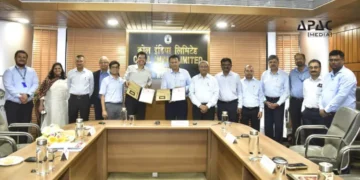








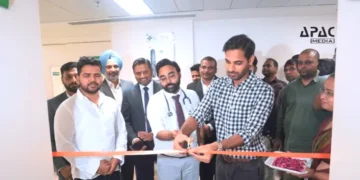



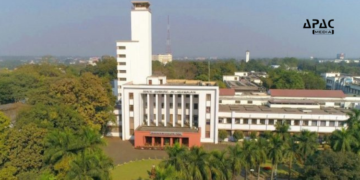


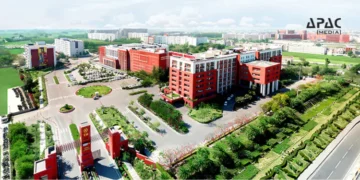
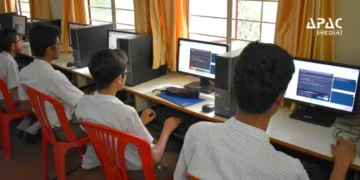
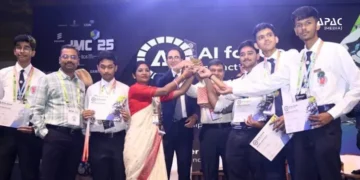
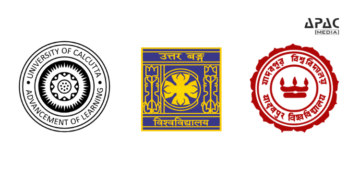

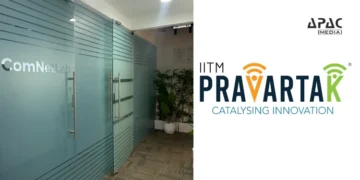





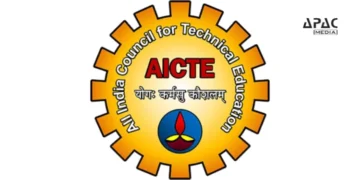


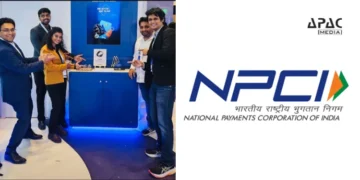




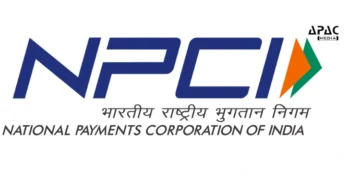
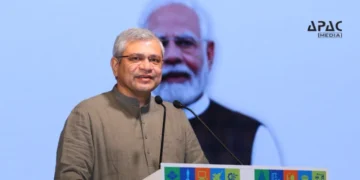



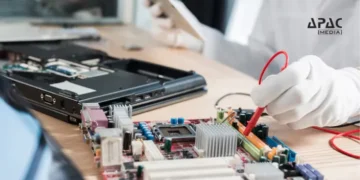















Discussion about this post